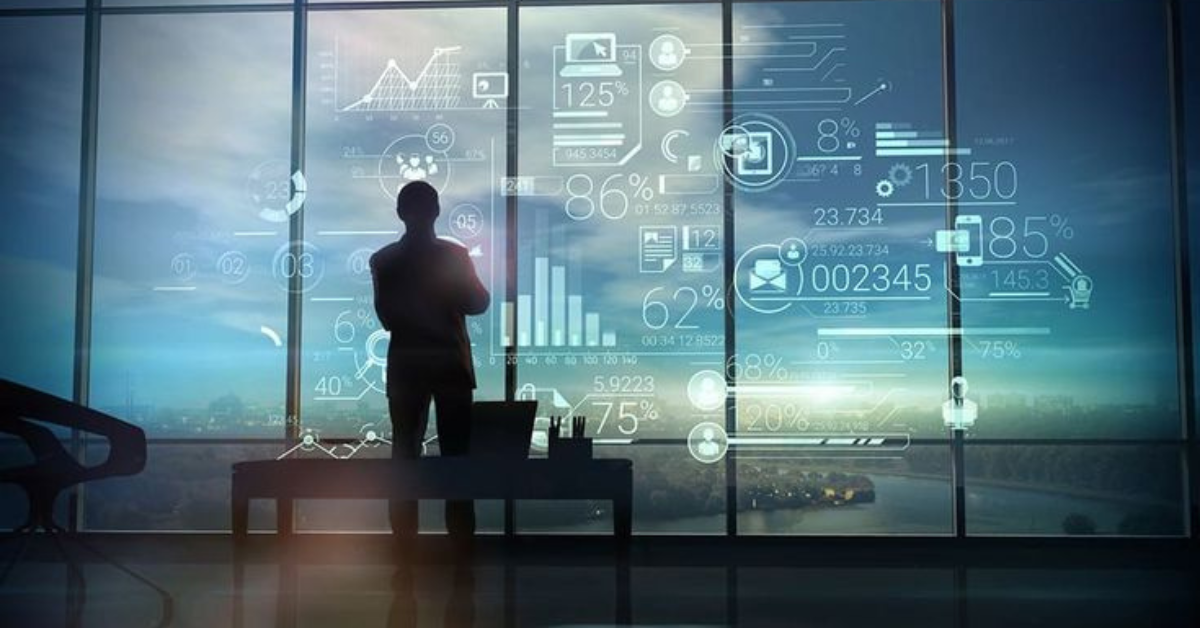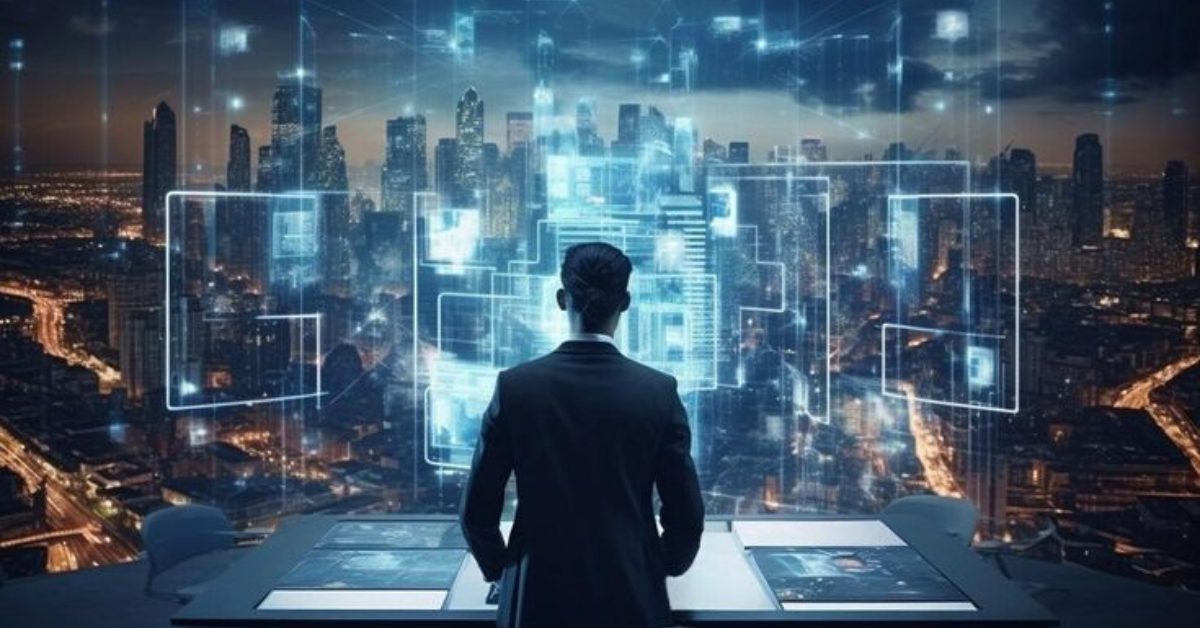In just a few short years, the world of work has transformed more than it did in the previous few decades. Remote teams, artificial intelligence (AI), automation, and evolving employee expectations have redefined what it means to lead and succeed in modern workplaces.
As we move into 2025 and beyond, leadership is no longer about authority — it’s about adaptability, empathy, and digital intelligence. Let’s explore how the future of work is reshaping modern leadership, what new skills are essential, and how organizations can thrive in an era of change.
The Evolution of Work: From Office Desks to Digital Ecosystems
The traditional 9-to-5 job, confined to office cubicles, is fast becoming a relic of the past. The pandemic accelerated remote and hybrid work models, proving that productivity isn’t tied to a location but to mindset and connection.
Key trends shaping the new work landscape include:
Remote and hybrid models: Flexibility has become the top priority for professionals.
Gig and freelance economies: More people are choosing independence over stability.
Automation and AI integration: Routine tasks are increasingly handled by intelligent systems.
Skill-based hiring: Companies value adaptability and digital literacy over degrees.
In this new landscape, leadership must evolve to manage distributed teams, maintain, and foster collaboration across time zones and technologies.
Redefining Leadership in the Digital Age
Traditional leadership emphasized hierarchy, control, and compliance. Modern leadership emphasizes inspiration, innovation, and inclusion.
Today’s leaders are expected to:
- Empower rather than command.
- Coach rather than supervise.
- Collaborate rather than control.
In short, leadership is no longer about being “the boss” — it’s about being the bridge between human potential and technological possibility.
A modern leader blends emotional intelligence (EQ) with digital awareness. They understand data, but they also understand people. This balance between tech and empathy defines the most successful leaders of the 2020s.
The Rise of Emotional Intelligence (EQ) Over IQ
While intelligence and skills remain important, emotional intelligence has emerged as the most critical leadership quality in the modern workplace.
Leaders who practice empathy, active listening, and emotional regulation inspire loyalty and trust — especially in remote or hybrid teams where personal connections can feel distant.
According to recent studies, teams led by emotionally intelligent leaders are:
- 25% more productive,
- 50% more engaged,
- and 3x more likely to stay with the organization long-term.
As AI and automation take over technical tasks, human connection becomes the ultimate differentiator.
The Role of Technology in Shaping Leadership
Technology is no longer a support system — it’s a leadership tool.
From data analytics and AI-driven insights to digital collaboration platforms like Slack, Notion, or Microsoft Teams, tech is transforming how leaders make decisions, communicate, and measure success.
Modern leaders leverage technology to:
- Monitor performance through analytics, not micromanagement.
- Empower employees with tools that enhance productivity.
- Use AI to personalize learning and growth opportunities.
- Build transparent communication through digital platforms.
However, the most effective leaders know that technology should enhance human potential, not replace it. Balancing automation with authenticity is key.
Remote Work: The New Normal of Global Collaboration
Remote work is here to stay — and it’s redefining the rules of leadership. Managing a remote team requires new approaches to motivation, communication, and accountability.
The modern remote leader:
- Prioritizes trust over supervision.
- Focuses on outcomes, not hours.
- Encourages autonomy and ownership.
- Uses digital tools to build strong team cultures.
With employees spread across continents, leaders must cultivate a global mindset — understanding different cultures, time zones, and communication styles.
Those who can lead virtually with empathy and vision are setting new standards for success in the digital workplace.
The Future Skills Every Modern Leader Needs
In 2025 and beyond, leadership success depends less on titles and more on skills.
Here are the top future-ready leadership skills:
Digital Fluency – Understanding how to use and implement technology strategically.
Adaptability – Thriving in uncertain, fast-changing environments.
Empathy – Connecting deeply with employees’ needs and emotions.
Critical Thinking – Making data-driven yet ethical decisions.
Communication – Engaging teams clearly across digital platforms.
Resilience – Staying strong through disruptions and challenges.
Creativity – Encouraging innovation and fresh problem-solving.
Modern leadership is about learning continuously and leading with curiosity. The best leaders are lifelong learners who evolve as technology evolves.
Balancing AI, Automation, and Humanity
As artificial intelligence becomes more integrated into business operations, leaders must find ways to maintain the human touch.
AI can analyze data, automate workflows, and optimize efficiency — but it cannot replace human judgment, ethics, or empathy.
The leaders of the future will need to balance automation with authenticity:
- Use AI to eliminate repetitive work, freeing people to innovate.
- Implement digital ethics policies that prioritize fairness and transparency.
- Communicate openly about how AI impacts jobs and responsibilities.
Leadership in 2025 isn’t about choosing between humans and machines — it’s about helping them work together.
Building a Culture of Purpose and Belonging
Modern employees want more than paychecks — they want purpose. A sense of belonging, meaning, and shared vision drives motivation far more than monetary rewards.
According to global workplace studies:
- 70% of employees say purpose-driven work increases their loyalty.
- Teams that feel connected to company values are 5x more productive.
Modern leaders must create environments where employees feel valued, included, and inspired. This includes:
- Promoting mental wellness and work-life balance.
- Encouraging diverse voices and inclusive practices.
- Celebrating contributions and progress regularly.
The future of leadership is human-centered — putting people first, even in a tech-driven world.
Rethinking Success: From Profit to People and Progress
For decades, leadership success was measured by revenue, productivity, and growth. But in the modern era, metrics are expanding to include employee satisfaction, sustainability, innovation, and impact.
Progressive leaders now ask:
- Are we helping employees grow personally and professionally?
- Are we innovating responsibly and sustainably?
- Are we making a positive difference in the community?
The most successful organizations are those that align their business goals with human values — creating not just profits, but purpose.
. What the Future Holds for Work and Leadership
Looking ahead to 2030, the workplace will continue to evolve in unpredictable ways. AI will become more powerful, automation more seamless, and work more fluid.
But one thing will remain constant: leadership will always be about people.
The leaders of tomorrow will be:
- Visionary yet humble.
- Tech-savvy yet empathetic.
- Strategic yet deeply human.
They will guide teams through uncertainty, empower innovation, and build trust in a digital-first world.
The future of work isn’t about where we work — it’s about how we lead, connect, and create together.
🏁 Conclusion:
The future of work demands a new kind of leader — one who blends human empathy with digital intelligence, values collaboration over control, and understands that innovation starts with people.
As technology reshapes every industry, modern leadership isn’t just about managing teams — it’s about inspiring transformation.
The leaders who succeed in 2025 and beyond will be those who can build cultures of trust, adapt to change, and use technology to empower, not overpower, the human spirit.
The workplace may change, but the essence of leadership — vision, empathy, and purpose — will always define the future.




